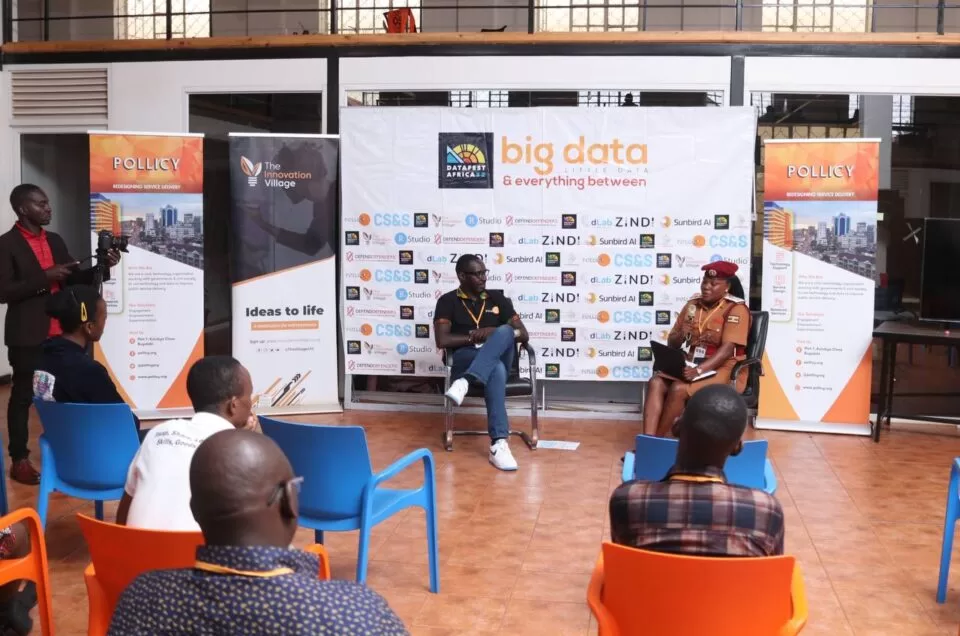Jinja DataFest Africa pre-event held on July 2nd, 2022 at the Innovations Village, Jinja, was the last pre-event ahead of the main event happening in Kampala on July 7th, 2022.
In this edition, a spotlight was put on Uganda Prisons represented by CSP Racheal Arinetwe, who had a fireside chat with us on data use in crime management and decision making. The government agency, one of few agencies that effectively uses data on a constant basis.
For context, Uganda Prisons Services is the Uganda government agency mandated to provide safe, secure, and humane custody of offenders while placing human rights at the center of their correctional programmes. As of April 2022, the Prison population total (including pre-trial detainees / remand prisoners) stands at 68,561 according to the national prison administration data.
Everyday, Uganda Prisons Services deals with collection of data of new and old inmates across the country. In this data collection, a lot of information is collected such as age, health status, previous convictions, nature of crimes and more. This information is safeguarded and only used by the different authorized personnel to aid in the implementation of the different programmes targeting inmates.

“Uganda Prisons Services breathes, and lives on data everyday. We have data stored as far as 1962. All our key decisions since our inception are made based on available data which of course, clear safeguarding and protection is always taken into consideration.” Mentioned Racheal Arinetwe.
She further mentioned that data matters a lot for the Justice, Law and Order sector (JLOS) in Uganda. It enables authorities including Uganda Prisons Service to track issues such as previous convictions, record crimes and guide on how to provide solutions to new criminal trends.
The agency has gone ahead to introduce a biometrics data management and collection system which they have now started to roll out in different prisons. This is enabling the agency to move away from analog to digital data collection which will be easier to store and update.
“The biometrics system is also helping us to fight the challenge of convicts providing inaccurate and non-authentic data. Meaning that if for example someone is convicted of a second crime, they cannot lie about their data such as name, age, previous convictions and more, which remains our biggest challenge.” Racheal further mentioned.
During the event, other sessions held included a training session on digital security by Andrew Gole. The session which was conducted by Andrew in the other pre-events (Gulu and Mbarara), Followed his “Security on Wheels” approach where he takes participants through a session on how to protect yourself from being hacked, how you can be hacked as well as sessions on password management, data backup, privacy and more.
